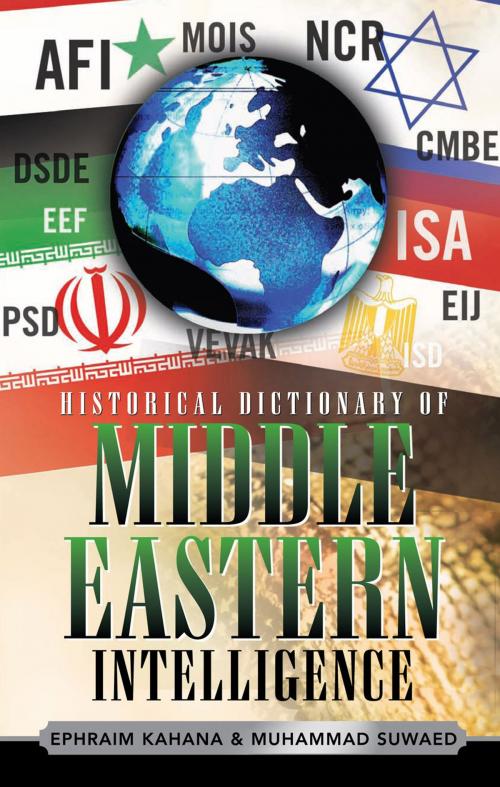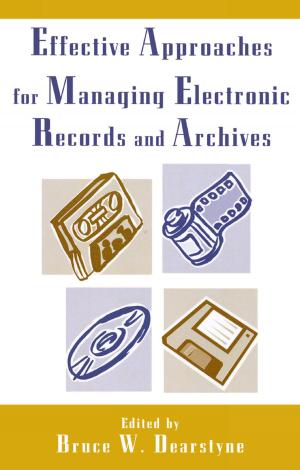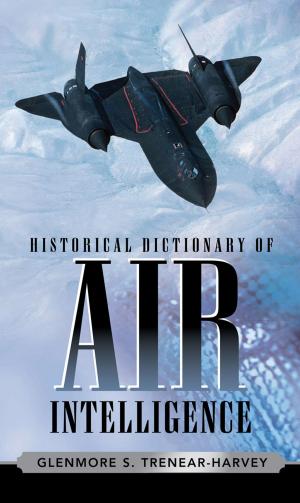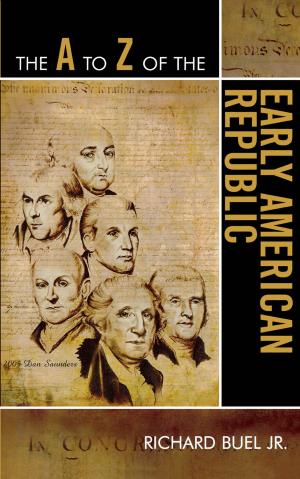Historical Dictionary of Middle Eastern Intelligence
Nonfiction, Social & Cultural Studies, Political Science, Politics, Reference, History, Middle East| Author: | Ephraim Kahana, Muhammad Suwaed | ISBN: | 9780810863026 |
| Publisher: | Scarecrow Press | Publication: | April 13, 2009 |
| Imprint: | Scarecrow Press | Language: | English |
| Author: | Ephraim Kahana, Muhammad Suwaed |
| ISBN: | 9780810863026 |
| Publisher: | Scarecrow Press |
| Publication: | April 13, 2009 |
| Imprint: | Scarecrow Press |
| Language: | English |
Given the rivalries and suspicions prevailing in the Middle East, it is not surprising that most of these states are very concerned about espionage and infiltration. With the additional threat of terrorism, nuclear weapons, a large U.S. military presence, and the Arab-Israeli conflict, the result is an impressively busy intelligence industry, proportionately larger and more extensive than in most other regions. The Historical Dictionary of Middle East Intelligence addresses intelligence issues in the region from ancient history and the Middle Ages through modern times, covering the decline of the Ottoman Empire, intelligence activity in the Middle East during and between the two world wars, and the interplay between colonial and local intelligence and counterintelligence agencies of the period. It also presents the relatively new fundamentalist terrorist organizations that have had a significant impact on international relations and on the structure and deployment of intelligence, counterintelligence, and other security organs in the Middle East today. With a chronology, an introductory essay, and over 300 cross-referenced dictionary entries on important events and key organizations involved in all aspects of intelligence gathering and analysis, as well as the biographies of key players, this is an important reference on the current situation in the Middle East.
Given the rivalries and suspicions prevailing in the Middle East, it is not surprising that most of these states are very concerned about espionage and infiltration. With the additional threat of terrorism, nuclear weapons, a large U.S. military presence, and the Arab-Israeli conflict, the result is an impressively busy intelligence industry, proportionately larger and more extensive than in most other regions. The Historical Dictionary of Middle East Intelligence addresses intelligence issues in the region from ancient history and the Middle Ages through modern times, covering the decline of the Ottoman Empire, intelligence activity in the Middle East during and between the two world wars, and the interplay between colonial and local intelligence and counterintelligence agencies of the period. It also presents the relatively new fundamentalist terrorist organizations that have had a significant impact on international relations and on the structure and deployment of intelligence, counterintelligence, and other security organs in the Middle East today. With a chronology, an introductory essay, and over 300 cross-referenced dictionary entries on important events and key organizations involved in all aspects of intelligence gathering and analysis, as well as the biographies of key players, this is an important reference on the current situation in the Middle East.















